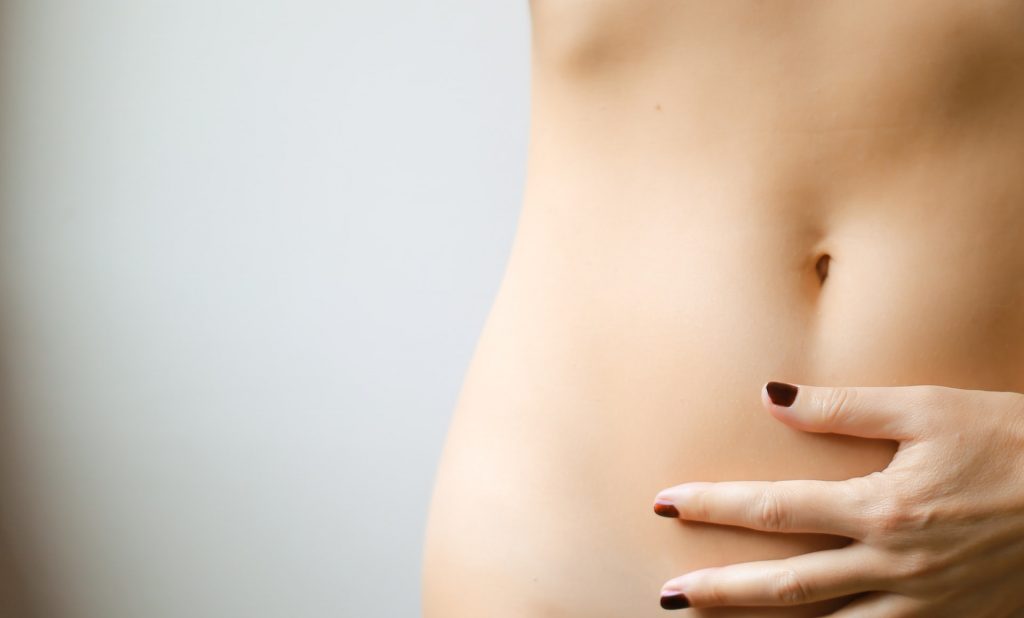Menstrual pain can be very annoying. There are home remedies to reduce these discomforts. If the pain during your period is unbearable for you, it is worth following some of our tips to make “those days” easier.
These can be used when your period is not too heavy, otherwise unfortunately the bleeding may increase. The compress can be applied to the lower part of the abdomen. All you need is a hot-water bottle, such as the currently popular hot-water bottle with cherry stones.
It is accepted that training during menstruation is not advisable. This is a mistake, as light physical activity will help stretch tight muscles and reduce pain. Light stretching, a moment’s walk, a treadmill or a bicycle will help oxygenate yourself, which helps a lot for moderate muscle cramps.
When you were a child, your parents must have given you chamomile or lemon balm tea for abdominal cramps. You can also use these remedies during your menstruation. Calendula, mint and chamomile also have a relaxing effect.
You may feel swollen and bloated during your period. In order not to aggravate this problem, it is advisable to follow an easily digestible diet. It will make you feel much lighter. It will also help reduce the feeling of heaviness and menstrual pain. Increased supply of calcium in your diet helps with muscle cramps – reach for nuts, as well as kefir, seeds or dried fruit.
On these days, don’t try to do everything and give yourself time to rest and relax. Frequent bending or lifting can cause even more pain and even lead to much more heavy bleeding. It is inadvisable for you to work beyond your strength during your period. If you work a physical job, you can report feeling worse and ask to be assigned to a less demanding position until these difficult days pass.
Nonsteroidal anti-inflammatory drugs, including acetylsalicylic acid as well as ibuprofen, work for cramps during menstruation. Cyclooxygenase-2 inhibitors (nimesulide) are also recommended. The popular Paracetamol is less effective, so drotavirin is best for severe cramps. You should not take the medicine when the pain is unbearable. The time it takes for the medicine to work is longer and unless you are prescribed painkillers it is advisable to take the tablet a little earlier. Doctors recommend taking the medication at the first sign of pain because painkillers dissolve in the stomach for up to another hour.

There are situations when pain during your period prevents you from functioning properly. This may be due to a medical condition and such a situation requires the intervention of a gynecologist.
In the case of menstrual disorders, absence of menstruation, strong abdominal cramps accompanying menstruation, the doctor often suspects polycystic ovary syndrome. If, in addition, you have ovulation disorders diagnosed by a gynecologist, suffer from acne or hirsutism, i.e. excessive facial or other body hair, then hormone treatment may be introduced.
To detect polycystic ovarian syndrome, you will need to undergo a gynecological ultrasound, as well as hormonal testing, including checking estrogen levels. The most common symptom of this condition is cysts on the ovaries, which can absorb on their own or require surgical intervention.
The second condition that manifests with very painful periods is endometriosis. It is also most commonly associated with menstrual disorders and manifests as heavy and painful periods. There is also soreness during intercourse, malaise, abdominal cramps or fertility problems.
The endometrium is the mucous membrane lining the walls of the uterus. As it builds up, it exfoliates and secretes outward during monthly bleeding. Women with endometriosis have a lot of problems with abdominal pain during their periods and may also have heavy periods. With this disease, the endometrium retreats through the fallopian tubes into the abdominal cavity and implants into the ovaries, intestines, and even the bladder. Nodules form at the site of the implantations, which are very sensitive to sex hormones. When sex hormones increase, the nodules also increase in volume and endometrial foci bleed
If you experience severe pain during your period or have trouble getting pregnant, you may have undiagnosed endometriosis. It’s not easy to treat, but it’s worth detecting it quickly because the right doses of hormones can reduce the unpleasant symptoms of this condition.
Photo by Andrea Picquadio/Pexels